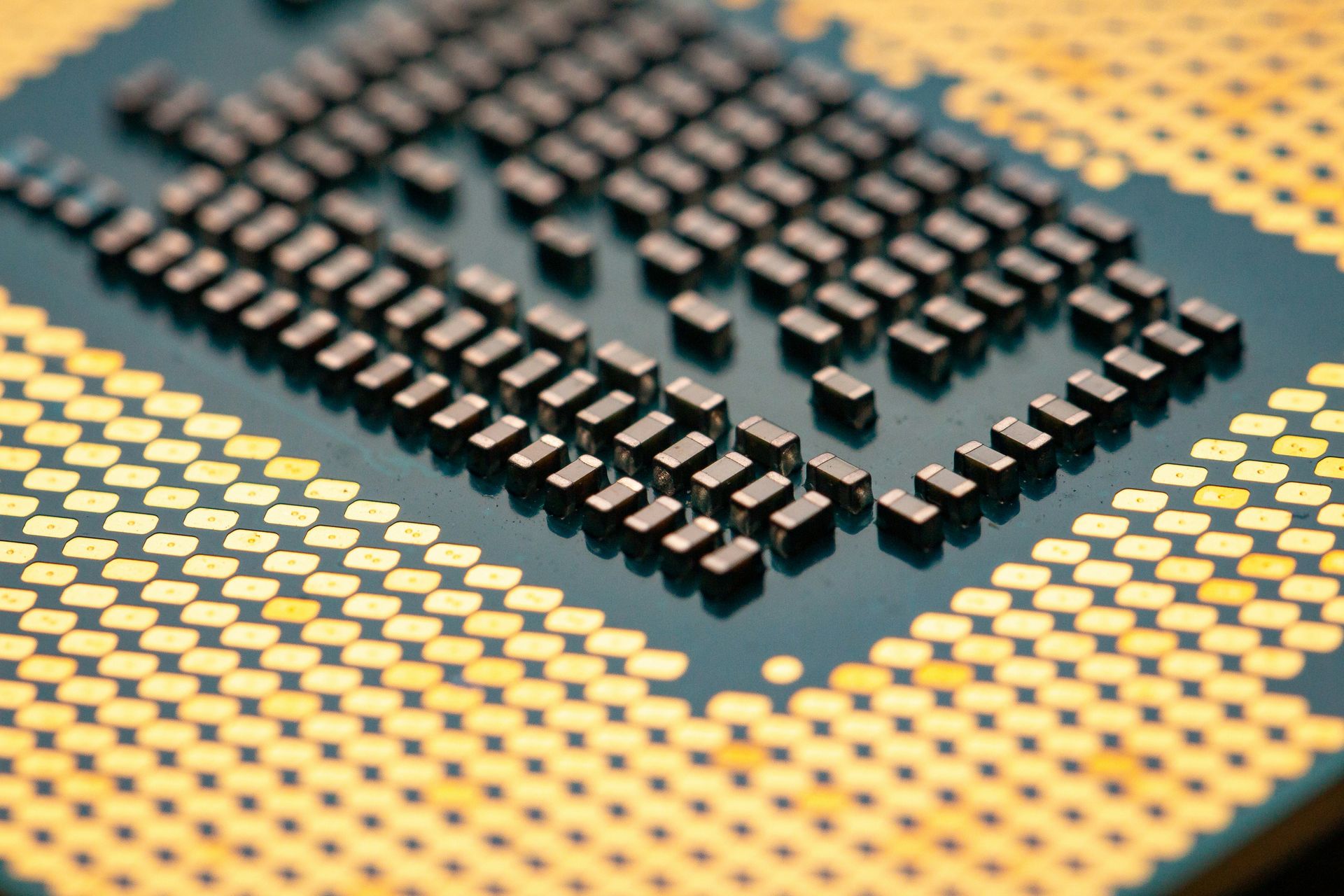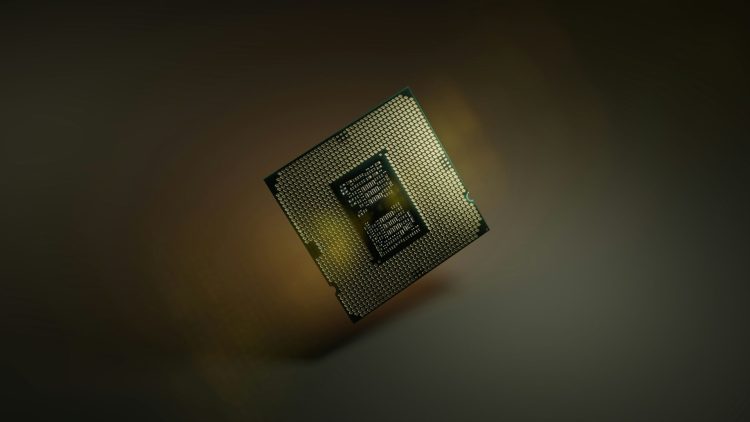The semiconductor world is buzzing with news of an epic deal between Intel and Microsoft – a partnership with the potential to rock the foundations of the tech industry.
Intel is set to produce custom, Microsoft-designed chips in a deal worth a staggering $15 billion.
This collaboration holds the promise of redefining productivity and innovation as we know it.
What we know about Intel x Microsoft deal?
Announced at Intel’s Foundry event, this strategic move hints at Microsoft’s ambitions to move further into in-house chip design. While specific applications of these chips are being held close to the vest, Microsoft has a track record of exploring in-house processors and cutting-edge AI accelerators. Could this spell the birth of radically new, Microsoft-powered devices with unprecedented capabilities?
“We are in the midst of a very exciting platform shift that will fundamentally transform productivity for every individual organization and the entire industry,” said Microsoft CEO Satya Nadella in the official press release. His words suggest massive potential changes on the horizon.
See the full Intel’s Foundry event by the Intel newsroom YouTube channel below.
Intel’s bold foundry strategy
The Microsoft deal is a major win for Intel, bolstering its efforts to regain its dominant position in the chipmaking arena. These custom chips will utilize Intel’s advanced 18A process, a crucial element of the comeback plan orchestrated by CEO Pat Gelsinger. By providing chip foundry services like these, Intel hopes to emulate the success of its rival TSMC, which boasts highly profitable partnerships with tech giants like Apple, Qualcomm, and AMD.
The Rise of custom silicon
The growing demand for highly specialized chips tailored to specific companies and applications has created a thriving new market. Intel’s foundry ambitions aim to capitalize on this trend. It’s a smart play at a time when having more control over hardware can translate to a significant competitive edge. However, Intel’s path isn’t without its obstacles.
The recently-postponed opening of its $20 billion Ohio chip plant underscores some of the challenges the company must navigate.
Implications for the industry
This Intel-Microsoft alliance could send ripples throughout the semiconductor industry. It could herald an era where tech companies exert unprecedented influence over the very heart of their products. The potential benefits are immense: tailor-made chips can boost performance, streamline operations, and unlock entirely new levels of device functionality.

The future looks bright (and chippy!)
This Intel-Microsoft deal is a significant development. It signifies a future where tech companies may have unprecedented control over the hardware powering their innovations. The potential benefits range from increased performance to unparalleled levels of customization.
Featured image credit: Thufeil M/Unsplash.




